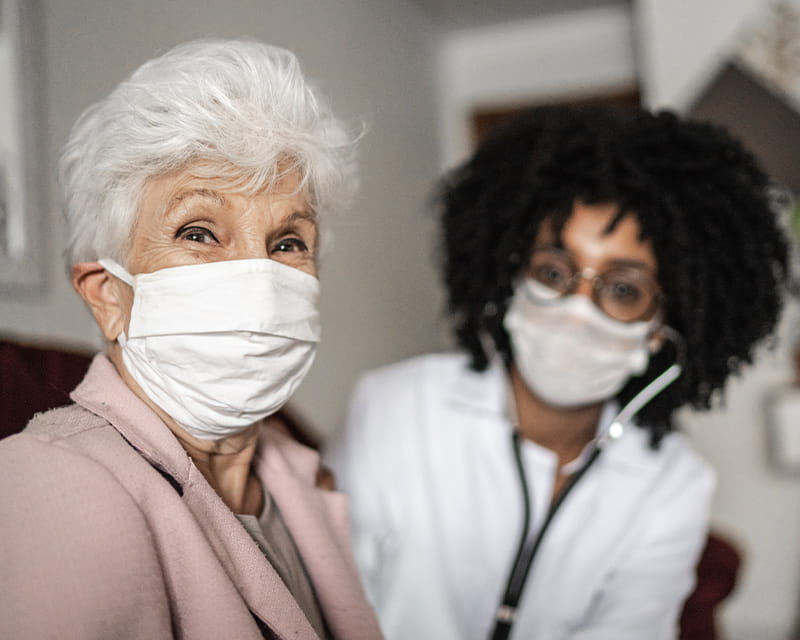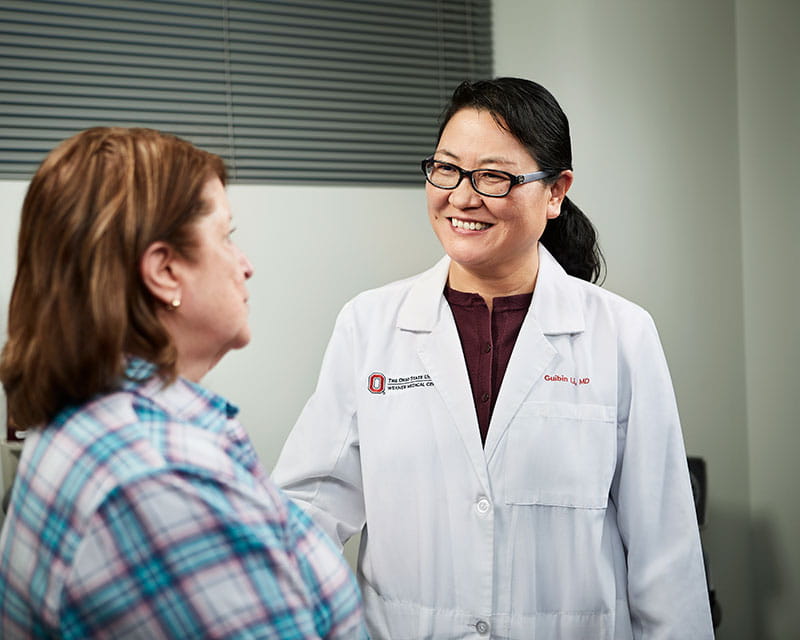
Ohio State offers comprehensive, research-driven care developed specifically for older adults with cancer
 Nearly five years after launching a Cognitive Assessment Clinic for people with memory loss and other signs of dementia, clinicians at The Ohio State University Wexner Medical Center report their efforts are helping improve patient access to community resources and reducing caregiver stress.
Nearly five years after launching a Cognitive Assessment Clinic for people with memory loss and other signs of dementia, clinicians at The Ohio State University Wexner Medical Center report their efforts are helping improve patient access to community resources and reducing caregiver stress.
The clinic is also strengthening relationships between primary care physicians (PCPs) and providers who specialize in Alzheimer’s disease and other forms of dementia. This ensures that patients receive abundant, well-coordinated support from a team of experts who collaborate on their long-term care plans.
Although there are key differences between age-related memory changes and dementia, patients and their family members are often unsure how to distinguish between the two — and may feel unsure about what to do next.
That’s why Ohio State established its Cognitive Assessment Clinic in 2015, says geriatric medicine specialist Guibin Li, MD, PhD, an associate professor – clinical at the College of Medicine.
“We perform thorough assessments to pinpoint why older adults are experiencing forgetfulness or depression,” Dr. Li says. “Not only can we confirm whether their symptoms are a sign of something serious like Alzheimer’s, we can help patients and their loved ones access the tools they need to cope with their diagnosis, get help and plan for the future.”
The Cognitive Assessment Clinic is staffed by board certified geriatricians, clinical pharmacists, social workers and registered nurses. In addition to testing patients’ mental functions, team members:
The cognitive assessment team works closely with patients’ PCPs or other referring providers. Nurse case managers from the clinic also offer follow-up calls to ensure patients and family members continue to get the care and support they need.
“The earlier we can identify dementia, the more time people have to adjust and make care decisions,” Dr. Li says. “Ultimately, connecting patients and caregivers with the resources they’ll need to manage dementia can help ensure better quality of life as the disease progresses.”